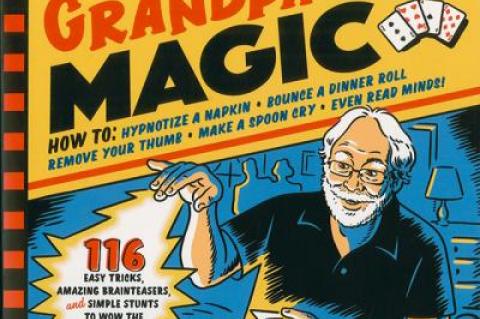The magician and author Allan Zola Kronzek will is out with a new guide to tricks, tabletop entertainments, and oldster-youngster bonding.
Books
David Margolick visits the American Hotel for the John Jermain Memorial Library’s author’s lunch, while a poetry reading pipes up at the old Rogers Memorial Library on Job’s Lane in Southampton.
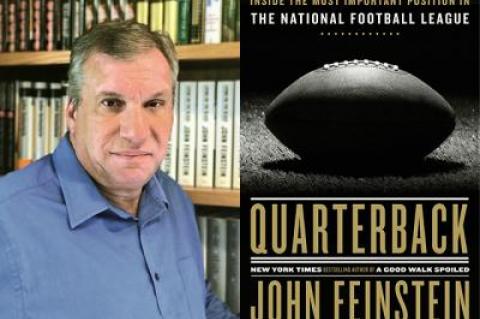 Face of the Franchise
Face of the FranchiseAndrew Luck, Joe Flacco, Alex Smith, Ryan Fitzpatrick, and Doug Williams are apt choices to spotlight because of the different footholds they occupy on the N.F.L. quarterback spectrum.
“No news is good news” is not a credo generally favored by journalists and the publishers of books they produce. But there is remarkable resonance in “A Private War: Marie Colvin and Other Tales of Heroes, Scoundrels, and Renegades” because Marie Brenner’s collection of previously published magazine stories touches on so many subjects still demanding our attention.
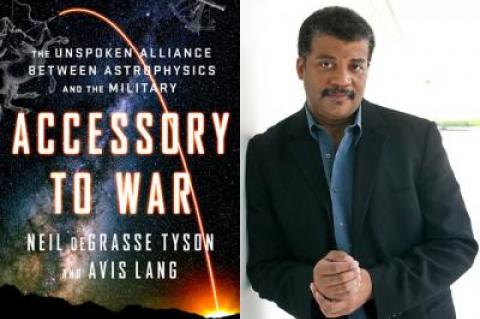 Of Wizards, Warriors, and What’s Next
Of Wizards, Warriors, and What’s NextNeil deGrasse Tyson lays out in overwhelming detail how scientific progress has from time immemorial been prompted, funded, commandeered, and co-opted by mankind’s warriors, their political leaders, and policymakers.
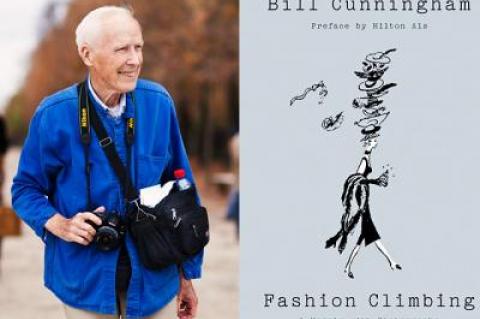 A Selfie, in Words
A Selfie, in WordsBill Cunningham, New York’s original street-fashion photographer, democratized fashion by showing that style wasn’t dependent on money or status. His posthumous memoir details his early hat-making days and even his shop in Southampton.
 Fred McDarrah’s Visual Voice in a New Book and Show
Fred McDarrah’s Visual Voice in a New Book and Show“Fred W. McDarrah: New York Scenes” is a fitting and compelling visual epitaph for a photographer, publication, and ultimately a city that no longer exists.
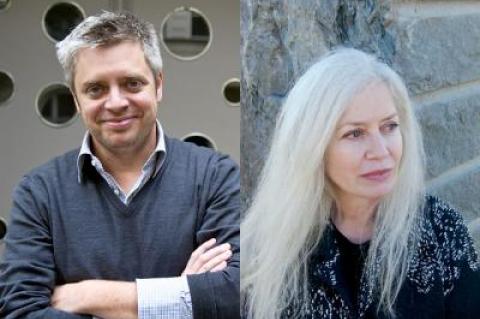 Writers Speak Is Back in Session
Writers Speak Is Back in SessionPaul Harding, first up in the series, won a Pulitzer Prize for “Tinkers,” his 2009 novel. Now he teaches in Stony Brook Southampton's M.F.A. program in creative writing and literature.
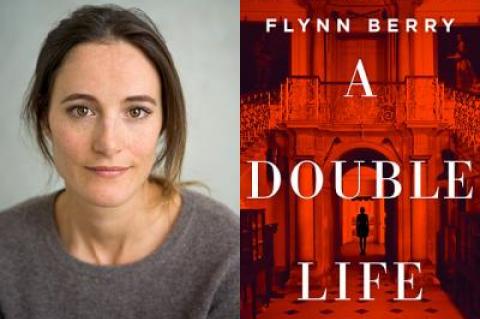 Lord Lucan Is Back
Lord Lucan Is BackAn American author, Flynn Berry, fictitiously resolves the real-life story of a murderous British lord's disappearance in her astute new thriller, “A Double Life.”
 Poetry and Memoir: Making It Personal
Poetry and Memoir: Making It PersonalJill Bialosky, Philip Schultz, and Grace Schulman — poets who have written memoirs as well as poetry collections that have acted as memoir — will talk it over.
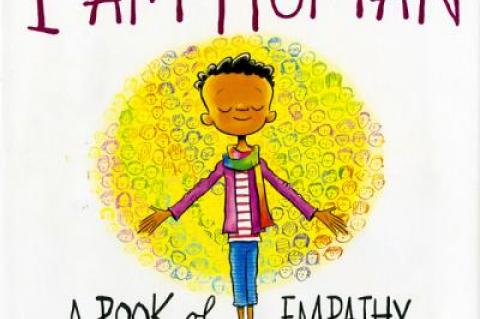 Empty Spaces
Empty SpacesOne’s a picture book promoting kid wellness, another’s a book of line drawings of historical structures ripe for coloring.
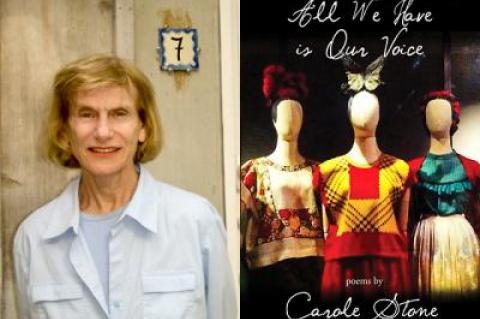 Veteran Poets Read New Work
Veteran Poets Read New WorkCarole Stone and Virginia Walker take to the lectern at 6 tonight for an en plein air poetry series in Southampton.
Authors Night has landed at the old Principi farm — you know, the controversial 555 address? So read on, book lovers . . .
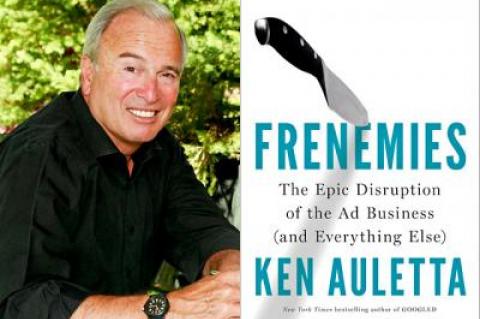 Public Frenemy
Public FrenemyForget “full-service” advertising, now the game is selling access to your day-to-day life and altering your behavior for profit.
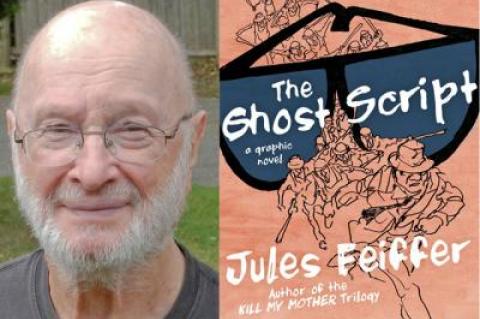 Terror in Tinseltown
Terror in TinseltownA dark graphic tale of revenge and recrimination, pinkos and private detectives in the Hollywood blacklist days of the early 1950s.
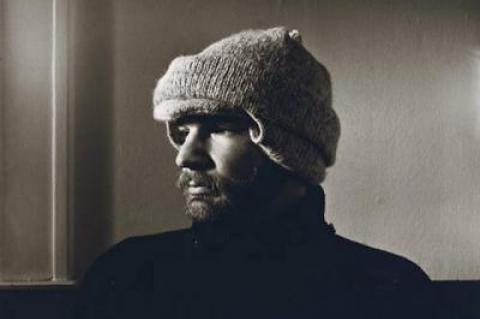 A Writer’s Fresh Look at Aging
A Writer’s Fresh Look at AgingJonathan Silin explores the curiously in-between years of 60 to 80 at Canio’s Books in Sag Harbor on Saturday.
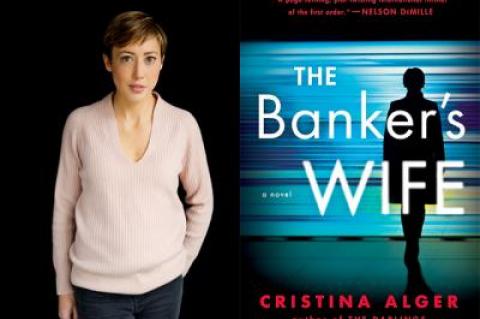 The Thrill of Chick Noir
The Thrill of Chick NoirThe domestic detective appears to be having her moment, from the “girl” thrillers to the “wife” suspense novels. And now, the Hollywood-beckoning “The Banker’s Wife” by Cristina Alger of Quogue.
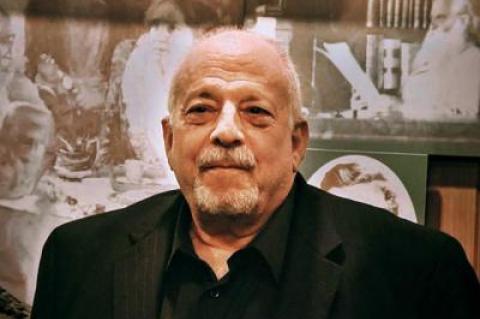 A Tale of Two Series
A Tale of Two SeriesIt’s nonfiction on Thursdays at the Jewish Center of the Hamptons, while the Poetry Marathon now meets on Sundays at the Mulford Farm.
 McDermott Leads Off Fridays at Five
McDermott Leads Off Fridays at FiveIt’s high time for another Fridays at Five series of author readings at the Hampton Library in Bridgehampton — out of doors and with wine.
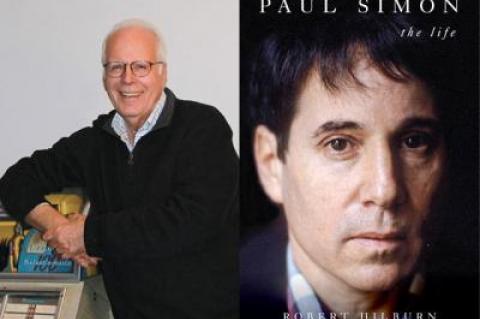 The Musician as Alchemist
The Musician as AlchemistWhile Robert Hilburn clearly sees almost all of Paul Simon’s oeuvre as works of staggering genius, it’s true his impact on popular and world music has been profound.
John Jermain’s One for the Books has cocktail parties with writers, artists, and a filmmaker at houses across Sag Harbor.
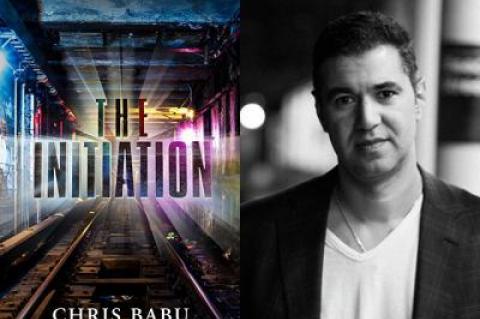 Riddle Me This
Riddle Me ThisBrainteasers, questions of logic, tests of deductive reasoning face six teens foolish or desperate enough to enter the subterranean Initiation in Chris Babu’s debut novel for young adults.
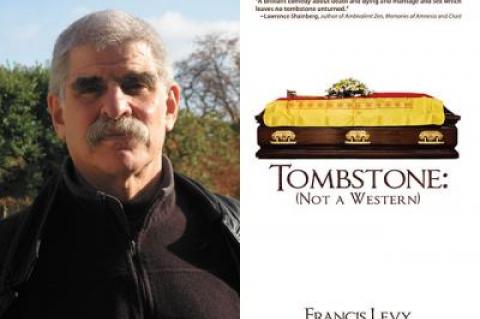 Funereal Ins and Outs
Funereal Ins and OutsTo be buried or cremated, that is the question for one skirt-chasing, peep show-visiting, Bukowski-reading baby boomer.
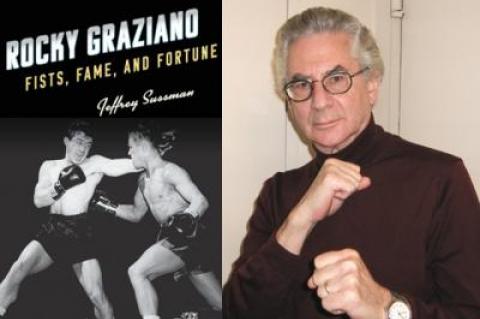 Bad Boy Makes Good
Bad Boy Makes GoodRocky Graziano and Tony Zale fought the fiercest trilogy of title bouts of the 20th century, matching an ex-con from the slums against an upstanding Midwesterner.
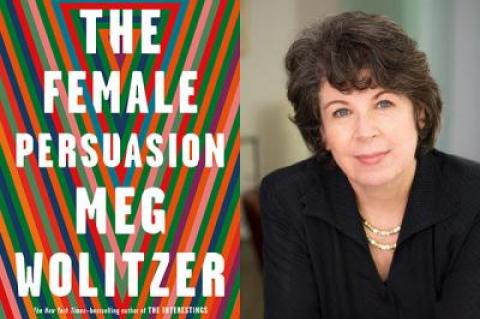 Power Struggles
Power StrugglesRead in our often bewildering #MeToo world, Meg Wolitzer’s “The Female Persuasion” is an almost prophetic tale of gender and power, shaped by a sustained inquiry into relationships.
 Boiled, but Not Too Hard
Boiled, but Not Too HardChris Knopf’s latest mystery involves the clubbing death of a deep-undercover intelligence operative, black-jumpsuited ninja types, and the fine cabinetry and company of one Sam Acquillo.
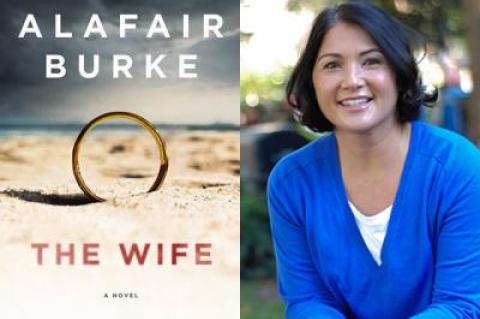 Mensch or Masher?
Mensch or Masher?Alafair Burke’s “The Wife” asks a worrying question: If you suffer through a traumatic event, do you recover? Or do you just think you have recovered?
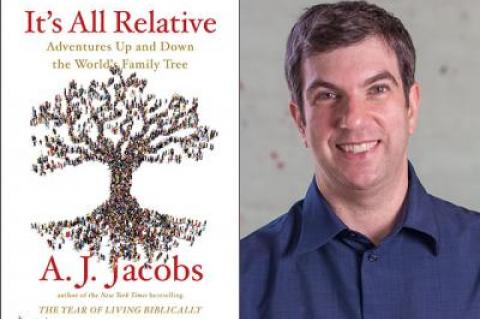 Who’s Your Daddy?
Who’s Your Daddy?A.J. Jacobs confirms the beguiling promise of ancestry-hunting: to construct a narrative for yourself that is more interesting than the one you’ve got.
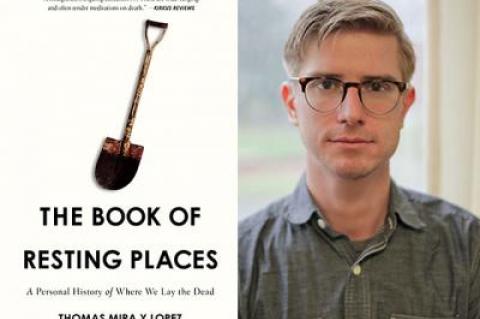 The Dead Don’t Lie
The Dead Don’t LieHow do you figure out what comes next after what gave your life meaning is gone?

